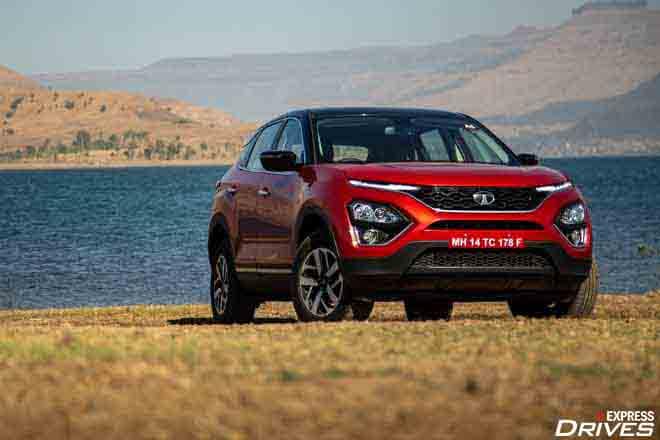The domestic passenger vehicle (PV) industry’s performance in the financial year 2020-21 (FY21) is likely to be severely jolted due to Covid-19 impact on Indian economy as well as consumers’ confidence. The lockdown will put financial stress on consumer’s income level and will result in deferral of non-discretionary items like PVs. This is likely to delay industry’s recovery prospects by 6-8 months. The overall wholesale dispatches will decline 10-12%. Recovery in rural income and improvement in overall economic activity will remain crucial to have any meaningful improvement in retail demand offtake, an Icra research report said on Friday.
Icra has a negative outlook on the PV sector given the adverse impact, and the credit profile of industry participants — automotive suppliers, PV OEMs as well as dealerships — will weaken further in the near term. Retail demand will be weak over the next two quarters and the recovery is likely to be slow and gradual. This implies players’ profitability will continue to witness pressure over the next two quarters. Prior to the lockdown, there was less than two weeks BS IV inventory, around mid-March 2020 which was expected to be liquidated by end-March 2020. The Supreme Court has given more time to liquidate 10% BS IV inventory, but no meaningful liquidity comfort nor credit profile for the dealerships is expected. At the same time, stress in PV dealerships regarding BS IV inventory is relatively lower than that of commercial vehicles and two-wheelers.
Notwithstanding favourable commodity prices, negative operating leverage and high discounts have impacted the credit metrics for PV OEMs (original equipment manufacturers), their dealers as well as their vendors. This comes amidst rapid and mandatory technological advancements in vehicle safety and emissions, which has led to sizable capital expenditure by PV OEMs and their vendors over the past few years. Moreover, debt-funded dealership modernisation has also taken a toll on dealerships capital structure and net profitability. However, the credit profiles of subsidiary of international OEMs is primarily supported by strong parentage, which considering long-term growth potential of Indian PV market, continue to provide operational as well as financial support, the report said further. The market share in the domestic PV segment is expected to remain concentrated over the medium term, with the top 5 players constituting over 80% of the overall market. This implies that profitability pressures on the relatively low volume players may be even higher, resulting in sustained dependence on external financing to fund losses and capital expenditure requirements.
Credit profiles of PV dealerships, especially of OEMs having weak domestic market share or leveraged dealerships, are likely to witness further strain. High rental expense and negative operating leverage impact their profitability and coverage indicators, and such dealerships may require some hand-holding and financial support from their principal OEMs to tide over short-term liquidity pressure. Ashish Modani, vice-president, co-head for corporate ratings, Icra, said, “The domestic passenger vehicle industry is witnessing a demand slowdown for the last 4-6 quarters due to factors like economic slowdown, tighter financing environment and inventory de-stocking at dealerships; this has affected wholesale despatches. As a result, industry wholesale volumes declined by 17.9% during FY20. Earlier, we had expected gradual recovery to happen from Q4 FY21 onwards, driven by favourable rabi output as well as likely pickup in economy.”
Modani said purchase of PV, being a discretionary item, improvement in consumer sentiments and overall growth uptick in economy was crucial to have any meaningful recovery in the industry. However, the COVID-19 outbreak had further drastically altered the landscape in the past two months and domestic economy is expected to witness significant shock during Q1 FY21 due to nationwide lockdown. “In the next 2-3 quarters, Icra expects that retail demand during Q1 FY21 will remain significantly weak, with some signs of recovery likely towards festive season. The diesel demand will witness sharper decline, post-transition from BS IV to BS VI due to widening cost differential and narrowing fuel price gap.” Modani adds that if there is above normal rainfall and healthy reservoir levels, which are a positive for rabi output, rural income should witness recovery post-rabi harvest.
